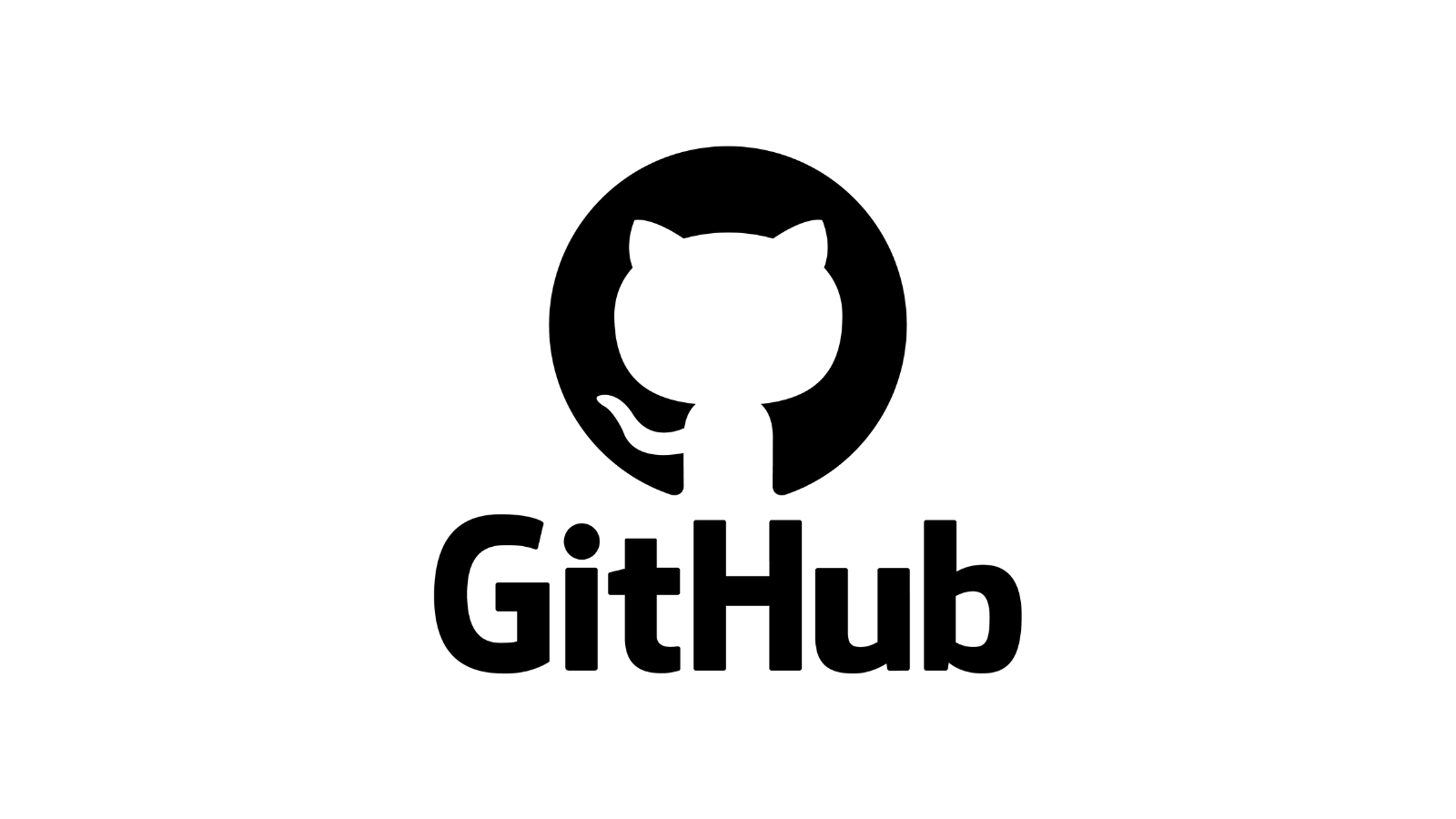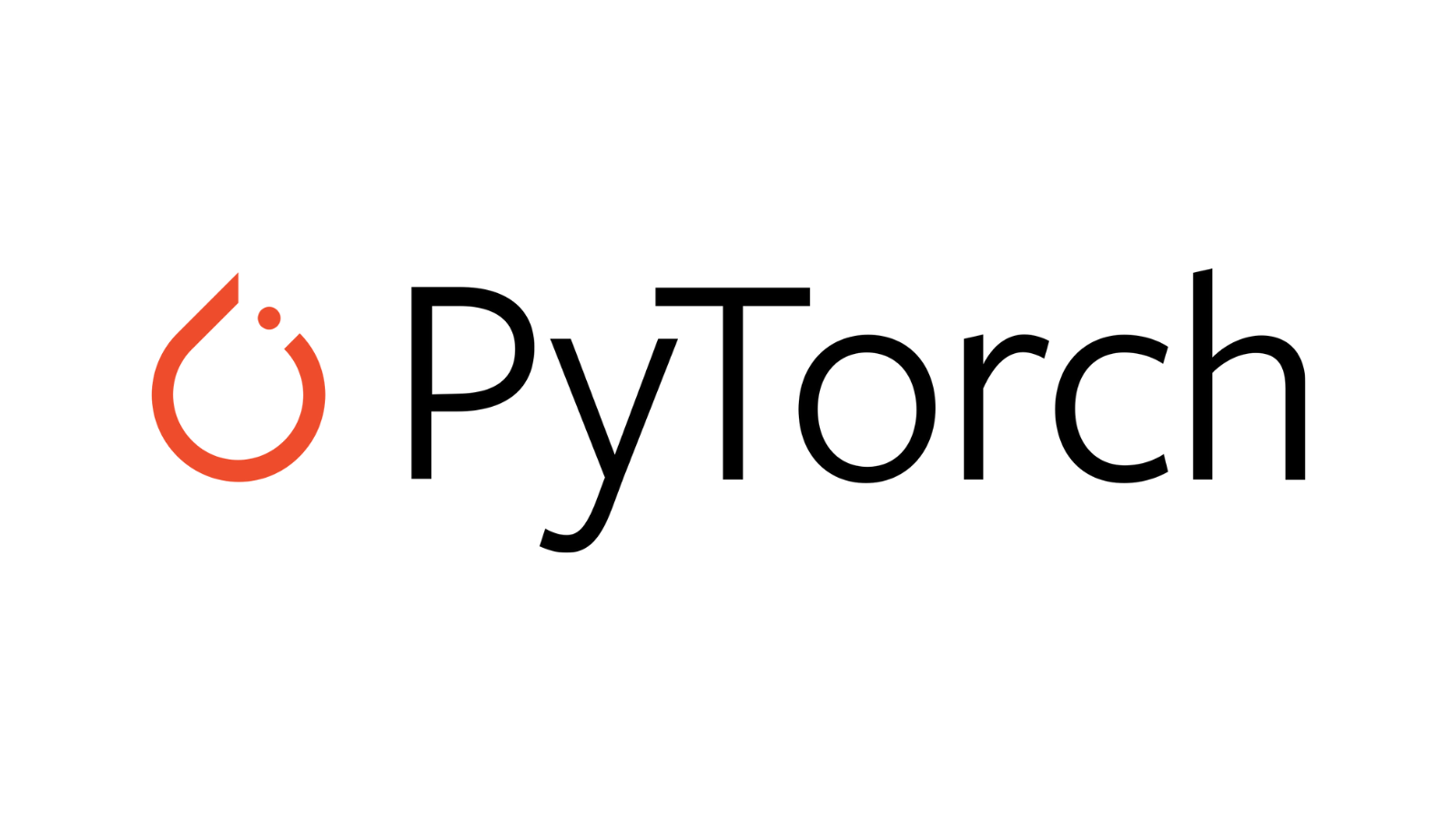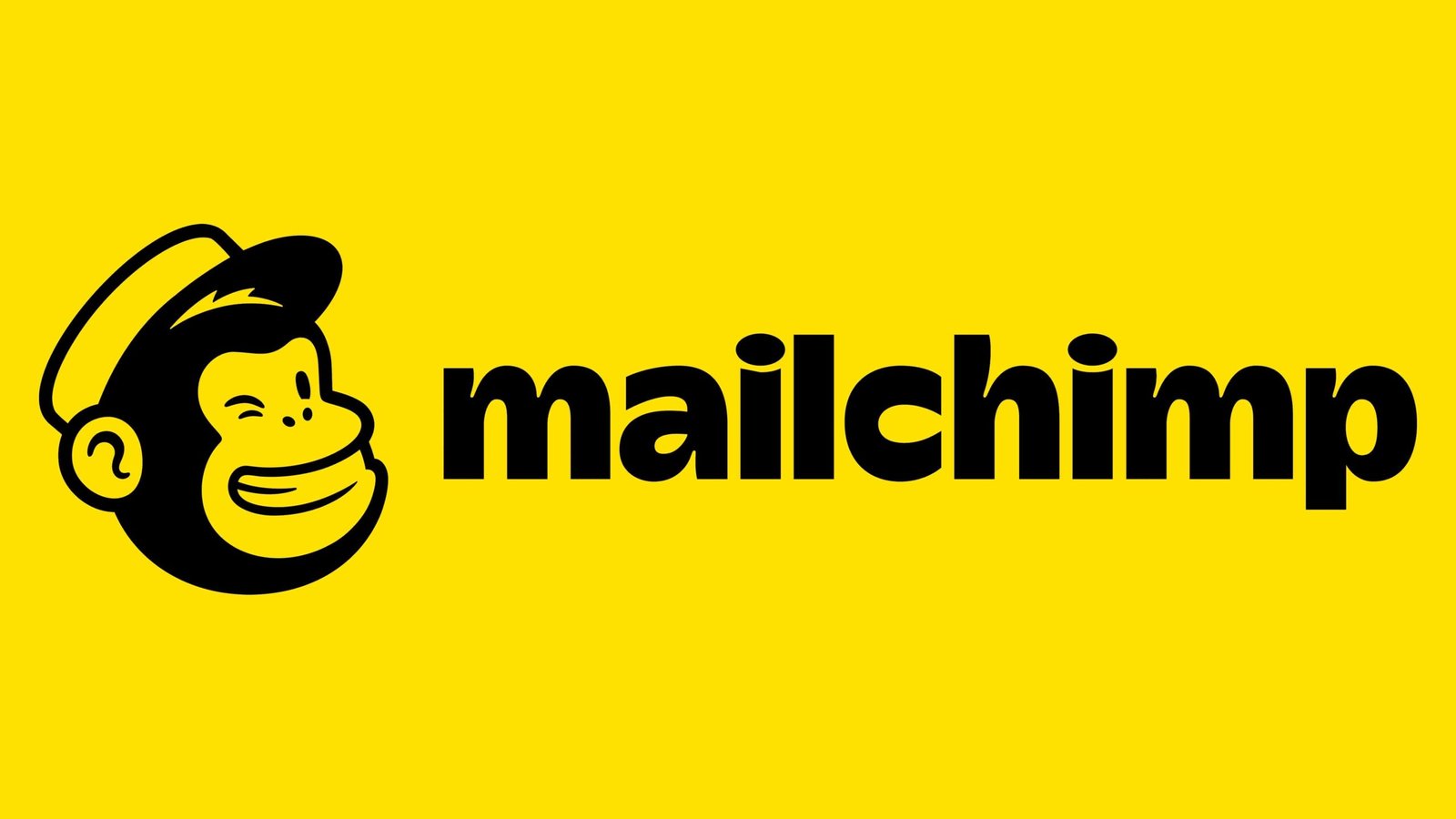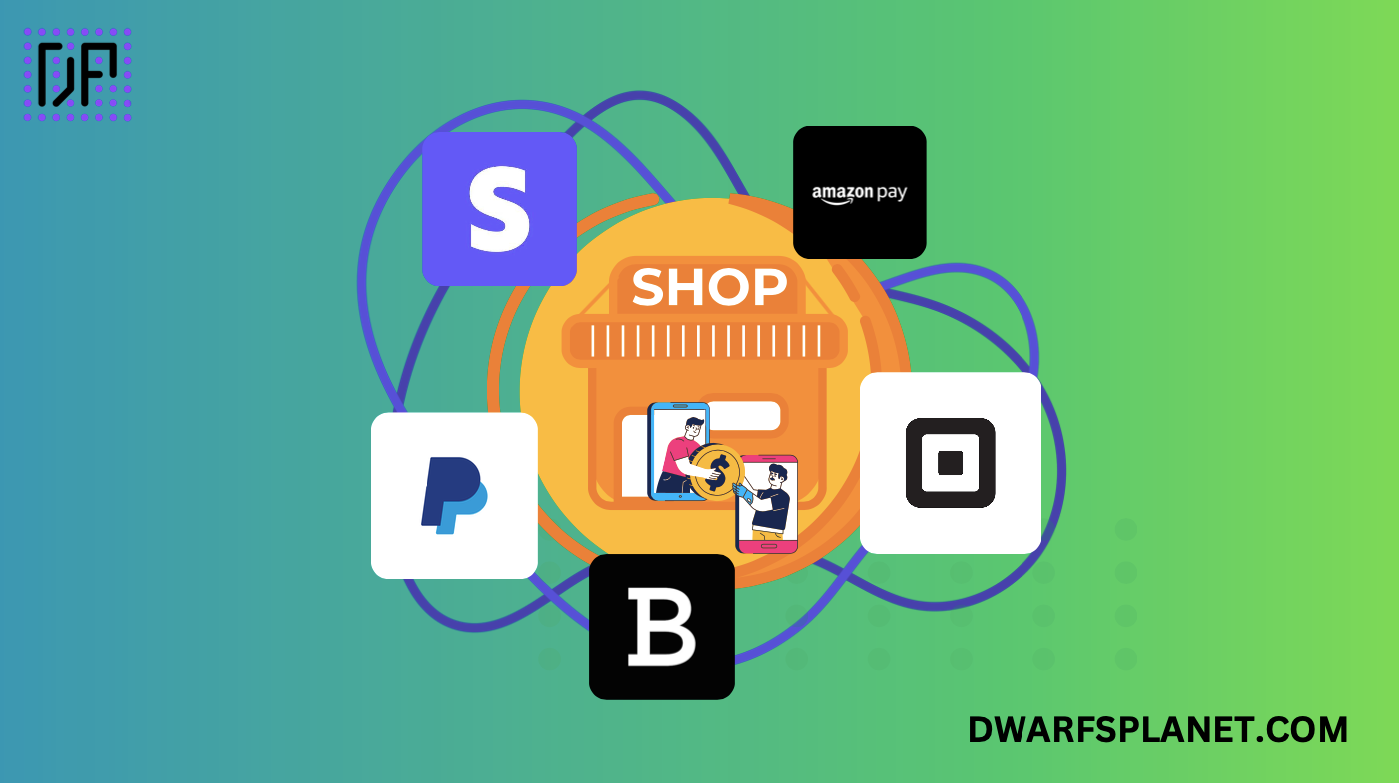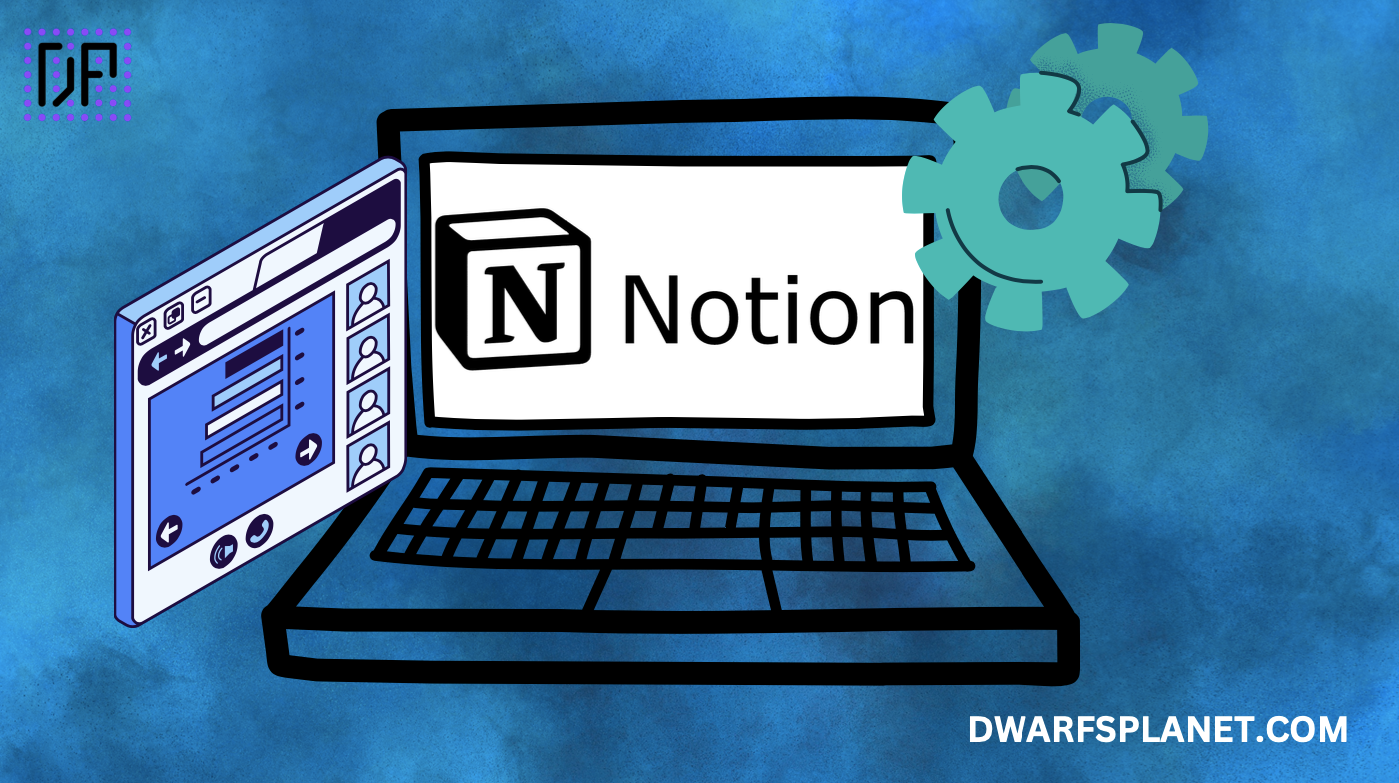Git hosting service with version control features.
GitHub is a web-based platform for version control and collaborative software development, built on top of the Git version control system. Launched in 2008 and acquired by Microsoft in 2018, GitHub has become the world’s largest code hosting service, used by millions of developers and organizations to manage projects, collaborate on code, and build software. GitHub offers a wide range of features, including repositories, pull requests, issues, code review, continuous integration/continuous deployment (CI/CD), project management, and built-in security tools. It supports both open-source and private projects, making it an essential tool for developers, teams, and enterprises worldwide.
Key Features:
- Git-Based Repositories: Provides Git repositories to host and manage code, track changes, and collaborate with team members using Git’s distributed version control system.
- Pull Requests and Code Review: Offers robust tools for pull requests, code review, inline commenting, and approvals, enabling developers to propose, review, and discuss code changes before merging them into the main branch.
- Integrated CI/CD with GitHub Actions: Includes GitHub Actions, a built-in CI/CD platform that automates workflows, builds, tests, and deployments, directly from the repository, supporting customizable workflows with YAML files.
- Issue Tracking and Project Management: Provides tools for tracking issues, bugs, and feature requests, along with project boards, milestones, and Kanban-style boards to manage and prioritize work.
- Security and Vulnerability Management: Features integrated security tools, such as Dependabot, which automatically checks for and alerts on vulnerabilities in dependencies, and CodeQL, a code scanning tool to detect security vulnerabilities.
- Built-in Wiki and Documentation: Offers integrated wikis for creating and maintaining project documentation, allowing teams to share knowledge and keep everyone on the same page.
- GitHub Pages: Provides a free static site hosting service for personal, project, or organization websites directly from a GitHub repository, ideal for documentation, blogs, and portfolio sites.
- Collaborative Features: Supports team collaboration with features like discussions, team mentions, and project insights, fostering a community-driven development environment.
- Marketplace for Integrations and Tools: Access to a marketplace of apps, tools, and services that extend GitHub’s functionality, including CI/CD, project management, security, and analytics.
- Cross-Platform Compatibility: Accessible via web, desktop clients, and mobile apps, allowing developers to manage repositories, review code, and collaborate from any device.
Benefits:
- Facilitates Collaboration and Open Source Development: GitHub is the go-to platform for open source projects, enabling developers to contribute to and collaborate on projects from anywhere in the world.
- Comprehensive DevOps Integration: Offers integrated tools for version control, CI/CD, security, and project management, providing a complete DevOps solution for software teams.
- Community and Network Effects: Hosts millions of repositories and an active community of developers, making it easy to find and contribute to projects, share code, and get feedback from peers.
- Enhances Code Quality and Security: Built-in code review, code scanning, and dependency management tools help teams maintain high code quality and address security vulnerabilities early.
- Flexibility for All Projects: Supports both private and public repositories, making it suitable for everything from personal projects to enterprise software development.
Strong Suit: GitHub’s strongest suit is its extensive, collaborative ecosystem for software development, combining Git-based version control, integrated CI/CD with GitHub Actions, project management, and security tools into a single, unified platform.
Pricing:
- Free Plan: Provides unlimited public and private repositories, with features like pull requests, issues, and GitHub Actions (2,000 CI/CD minutes per month for private repositories).
- Team Plan: Priced at $4 per user per month, includes additional features like team management, 3,000 CI/CD minutes per month, and more advanced security and collaboration tools.
- Enterprise Plan: Priced at $21 per user per month, offers advanced security, compliance, support, SAML single sign-on (SSO), and more, tailored for large teams and organizations.
- Free for Open Source Projects: All GitHub plans allow unlimited public repositories for open-source development, with no cost for maintaining or contributing to open-source projects.
Considerations:
- Limited Advanced Features in Free Plan: The free plan includes core features but may lack some advanced tools needed for large or complex projects, such as enhanced security or compliance features.
- Potential Vendor Lock-In: Teams that heavily integrate their workflows with GitHub’s proprietary features (like GitHub Actions) might face challenges migrating to other platforms in the future.
- Performance and Availability Depend on External Service: As a cloud-hosted service, GitHub’s availability and performance are dependent on GitHub’s infrastructure and uptime.
Open-source ML framework for deep learning.
Deep learning framework with dynamic computation graphs.
Machine learning library for Python.
Summary: GitHub is a leading platform for collaborative software development, offering a powerful set of tools for version control, code review, CI/CD, project management, and security. With its strong focus on community, collaboration, and open-source development, GitHub has become the standard for hosting public and private repositories. It provides a comprehensive ecosystem for developers and teams of all sizes, helping them build, test, and deploy code more efficiently. While some advanced features are limited to paid plans, GitHub’s free offerings, combined with its robust community and integration capabilities, make it an indispensable tool for modern software development.
 Skip to content
Skip to content 
